Understanding the potential effects of marijuana on mental health is more important than ever as it becomes more accepted and legalized in various parts of the world. Although many people find cannabis relaxing or use it for therapeutic purposes, there are worries that its links with psychotic symptoms are increasing especially among certain groups of users. An extensive analysis published in Nature Mental Health revealed that between around 2% and 21% of cannabis users may have psychotic symptoms depending on the type and strength of cannabis taken. This paper examines these findings thereby uncovering situations which would lead to negative consequences due to cannabis.
Cannabis and Its Varied Effects:
Different compounds in marijuana, a plant known for its intoxicating as well as medicinal properties, interact with brains differently. THC (tetrahydrocannabinol) is the main compound responsible for the “high” experienced by marijuana users while CBD (cannabidiol) is associated with more therapeutic effects such as pain relief and anxiety reduction. The effects of cannabis can range from mild cases like relaxation and euphoria to serious ones like paranoia, even psychosis, especially among those with a predisposition.
Exploring Cannabis-Associated Psychotic Symptoms:
Hallucinations, delusions or disorganized thinking are some of the ways through which psychotic symptoms linked to marijuana use can be expressed. These symptoms are more likely to occur among individuals who consume high levels of THC which is an essential psychoactive component in marijuana plants. Whereas others may experience this temporarily, some individuals particularly those with preexisting mental problems may face long-term consequences arising from this behavior. In extreme cases, consumption of marijuana can trigger or worsen persistent psychotic ailments such as schizophrenia.
With greater potency in THC-containing cannabis products being observed worldwide coupled with liberalization measures for weed legislation in many countries there is a need for better appreciation about public health risks involved herein.There was therefore a need by Tabea Schoeler et al to undertake an extensive examination through the existing literature on how often psychotic symptoms develop in cannabis users, what is known about their distribution and associated factors.
Comprehensive Analysis of Cannabis Use and Psychosis:
The team of researchers had to go through data from three major scientific databases namely PubMed, Embase and Psychinfo in a bid to identify relevant studies. Of 20,429 possible hits, they selected 162 articles with a total of 210,283 people participating in them. Observational research; assessments of medical cannabis products; experimental studies administering THC; and quasi-experimental studies comparing cannabis using against non-users were used as classifications for the identified papers.
From those studies, which numbered 99 that reported the prevalence of marijuana related psychosis problems at different levels, there were several trends noticed. The highest percentage appeared in experiments where participants received THC (around 21%). Real world user reports revealed slightly lower figures or around 19%. Conversely, only 2% of participants experienced psychotic symptoms according to evaluations that considered medicinal marijuana with usually low concentrations of THC.
Who Is Most at Risk?
Age: Younger people are more likely to experience cannabis-associated psychotic symptoms than older ones.
THC Consumption: Those who use high amounts of THC are more likely to develop psychosis.
Preexisting Mental Health Issues: People with undiagnosed mental health challenges have an increased risk for experiencing psychotic effects associated with marijuana.
Dopamine Activity: A high activity level of dopamine in the brain is associated with an increased risk of psychosis, which can be worsened by marijuana use.
Age: Young people, especially those aged between 20 and 39 years, are more prone to these effects.
Gender: Girls were found to be at a higher risk compared to boys.
Implications for Cannabis Users:
The significance of the results of this analysis cannot be overestimated, as cannabis becomes commoner. Although cannabis is acknowledged to have beneficial medical effects especially when combined with lower THC levels, it is prudent to know the possible dangers particularly to those with a predisposition for mental disorders.
For occasional users, understanding this threat linked to high-THC cannabis products remains important. The study emphasizes on knowledge about the species and potency of marijuana being used. As potency increases so does need for public awareness on possible psychological consequences associated with it.
Conclusion:
The complicated relationship between cannabis and mental health becomes evident through its association with psychotic symptoms. As it becomes more available, especially among young people, caution has become important when using it particularly for individuals who could be vulnerable. Through being knowledgeable and aware of risks one can take informed decisions on its usage saving oneself from serious mental conditions that may result from misuse.
A study called “Rates and Predictors of Cannabis-Related Psychotic Symptoms Across Observational, Experimental and Medical Studies” serves as a critical reminder that there are still gaps in research that need filling through further studies by public health practitioners considering that cannabis use continues changing rapidly nowadays.




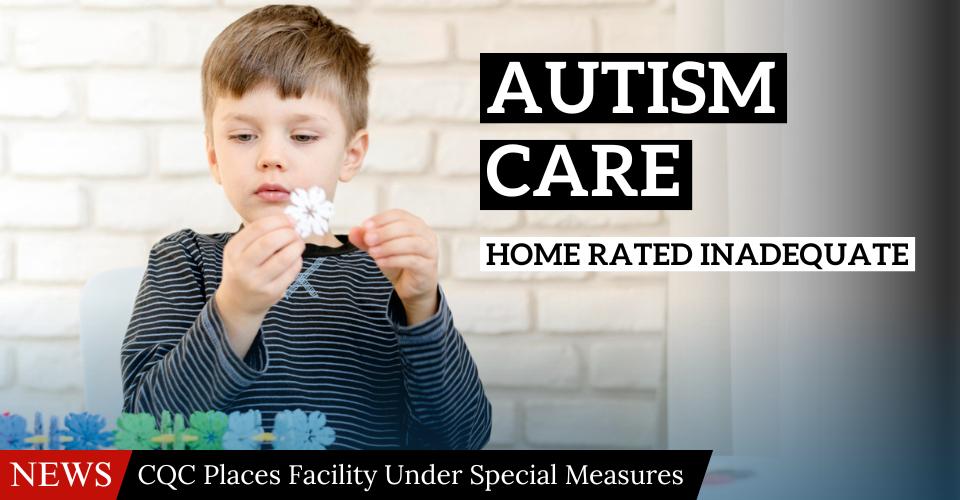
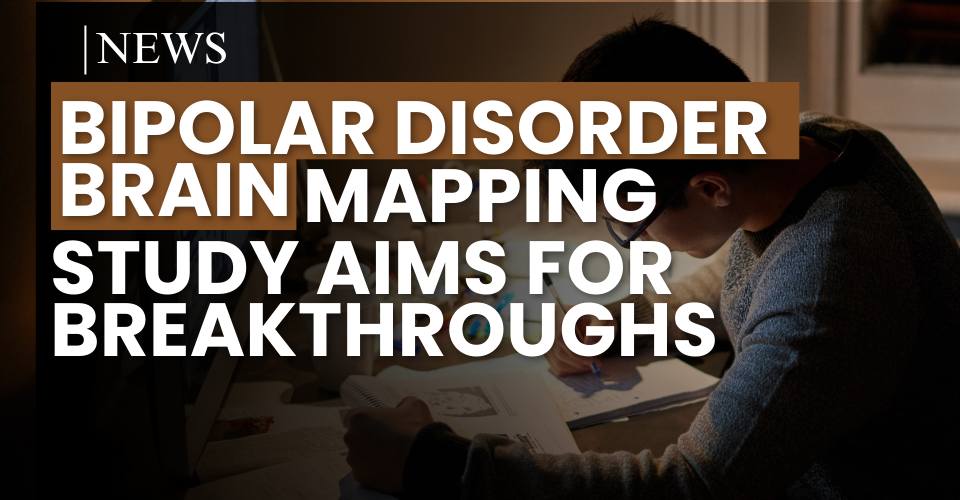
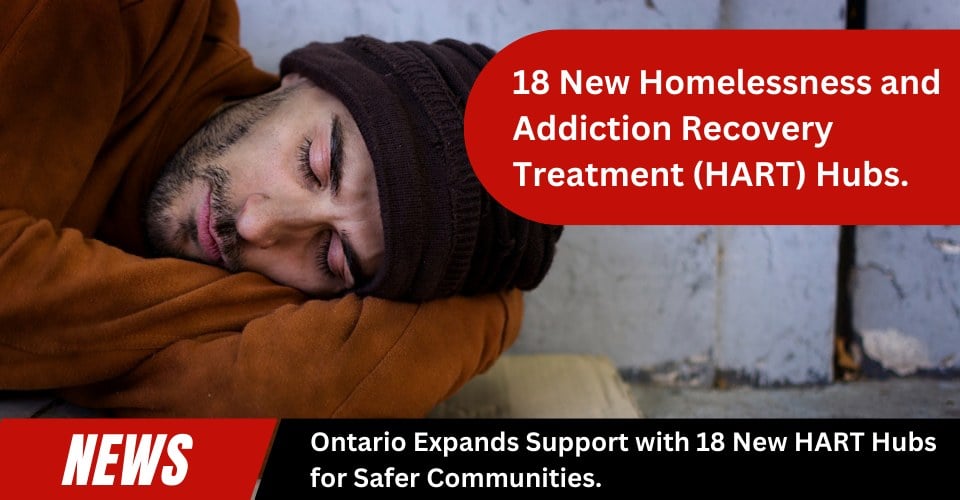

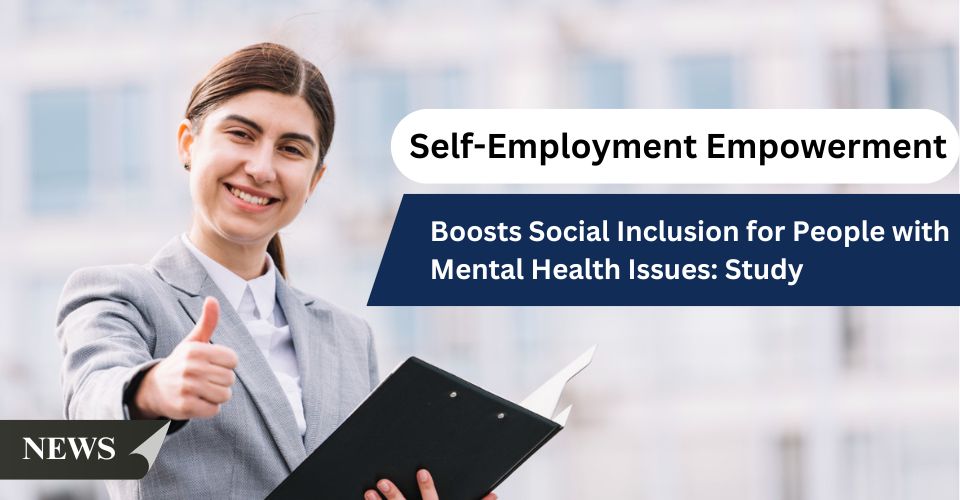

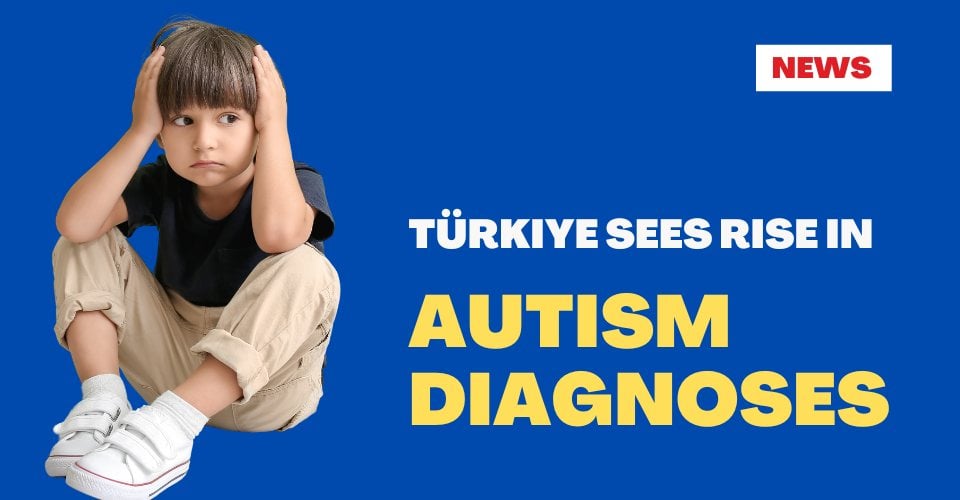
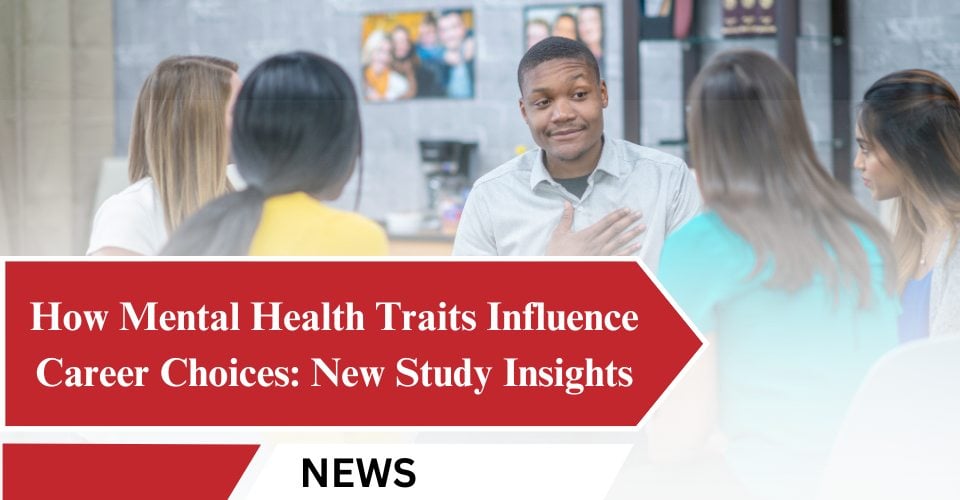
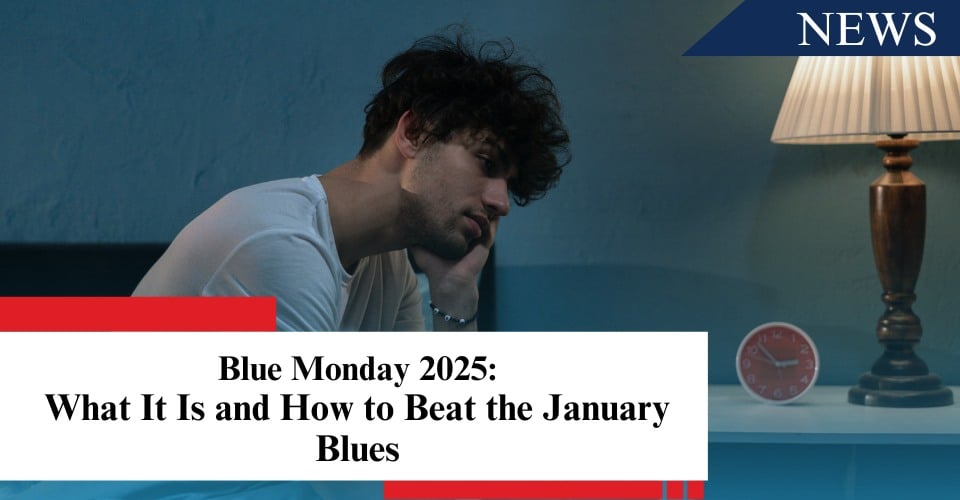
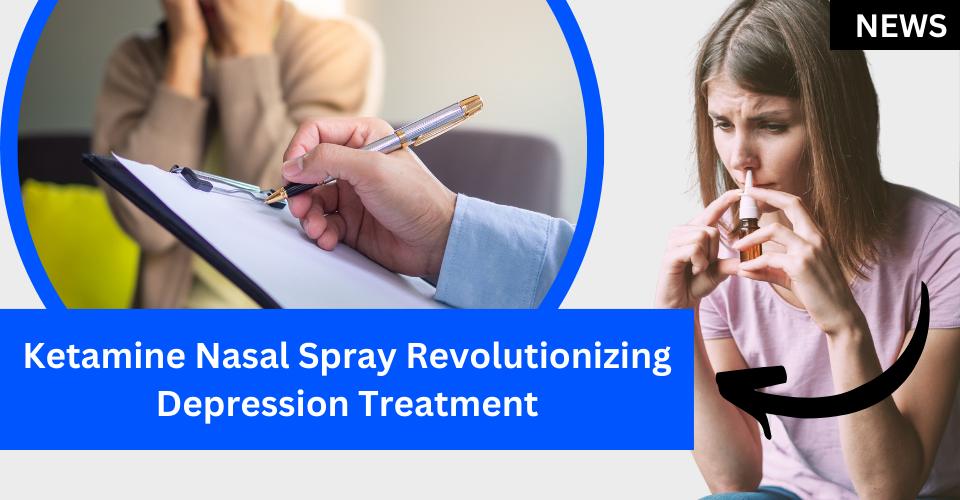
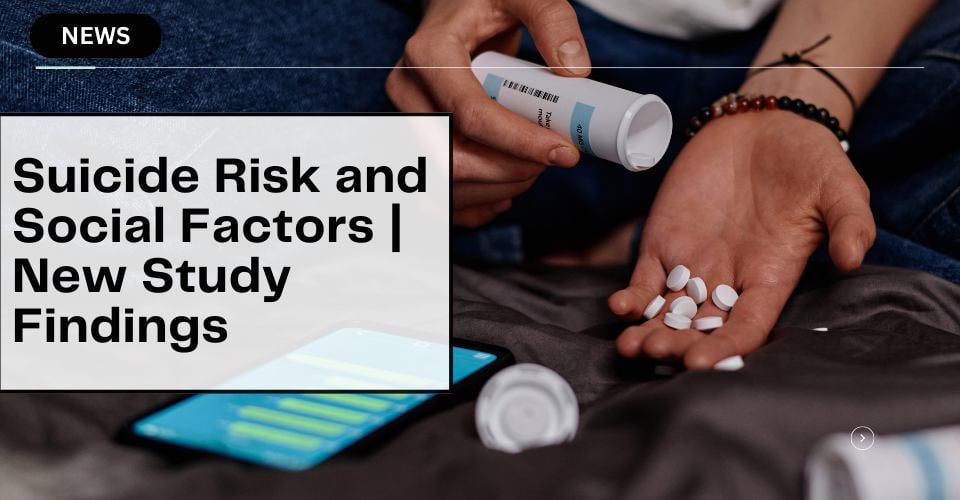
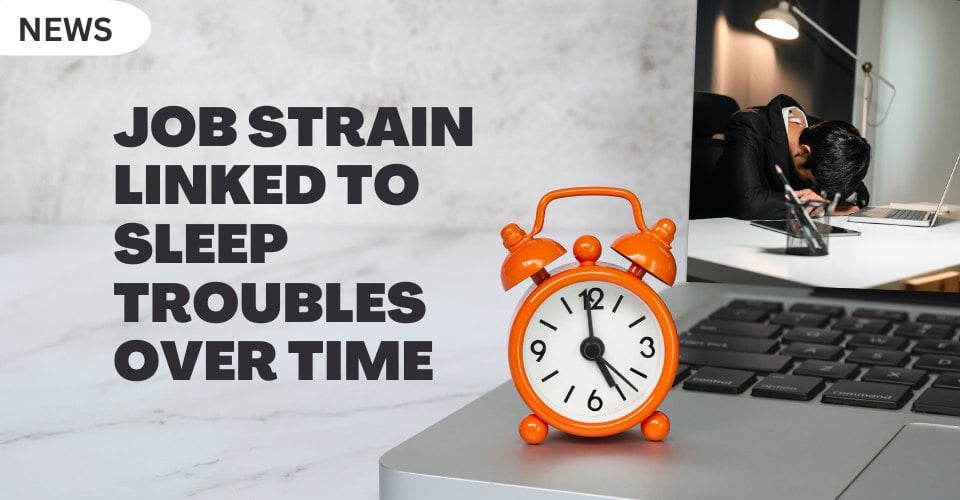


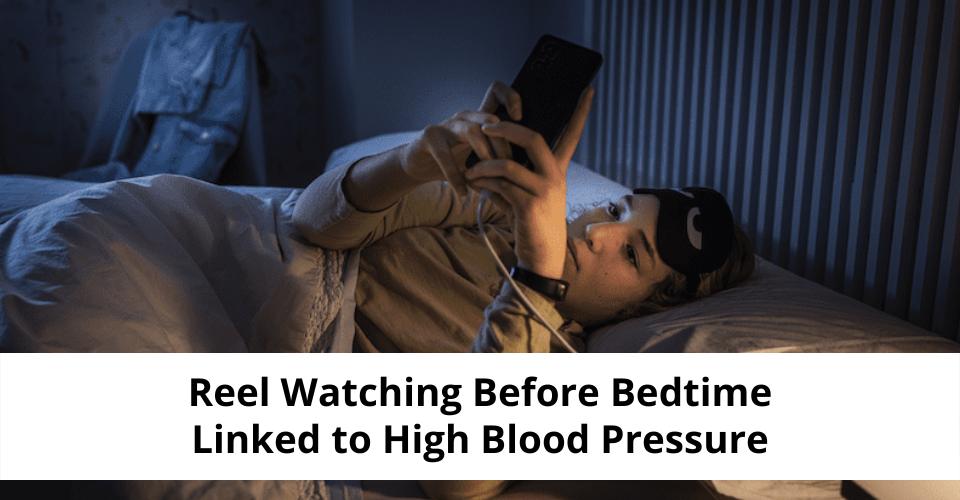



Leave a Reply
You must be logged in to post a comment.